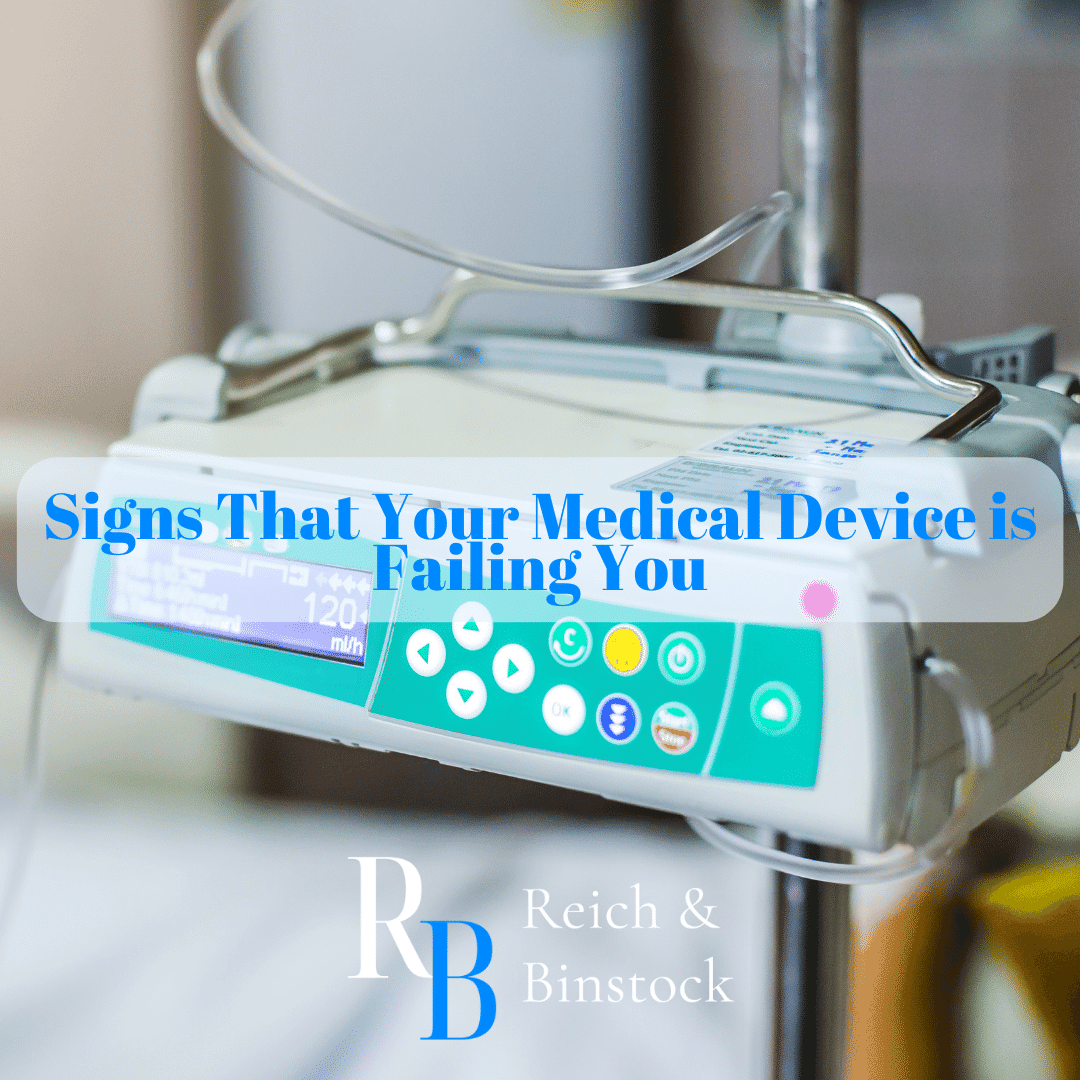Millions of Americans have been fitted with medical devices over the past few decades, including heart defibrillators, artificial joints and surgical mesh. Sadly many of these life-saving products have garnered less attention for how they can save a patient’s life and more attention for how they make take it. You should remain vigilant for signs that you have a defective medical implant yourself.
Defective medical devices and dangerous drug cases fall under the umbrella of products liability law. We recommend speaking with an experienced product liability lawyer in Houston if you have suffered harm from a defective medical device or pharmaceutical injury.
Surgical Implants
If you’re considering a surgical implant, make certain that you discuss all available options for your condition. Its a far safer course of action to take a conservative approach to treatment.
It’s also important that you keep in mind that there are likely not just one, but instead several different devices on the market that may help you manage your medical condition. You must research and assess the pros and cons of each of the different devices before actually committing to a particular one. As part of your research, you should also look to see if any complaints or lawsuits have been filed against the device’s manufacturer.
Check for Medical Device Recalls
You should ask your doctor to provide you with device details including the manufacturer’s name, the product’s model and serial numbers, and any other important details. You should regularly check the U.S. Food and Drug Administration’s website to see if any complaints have been waged against its manufacturer or if it’s been recalled.
It’s also important that you immediately contact your doctor and the device’s manufacturer the minute that you feel something isn’t right with your health. This may be a sign that your device is failing. Contacting them right away may just save your life.
If you’ve experienced a decline in your health since your device was implanted, then you should follow up with your doctor and then an attorney. One of the first steps that your defective medical devices attorney will do is to review your health records to determine when things started to get worse for you. If they can link your decline in health to the implantation of your device then they may advise you of your right to file suit in your case.













